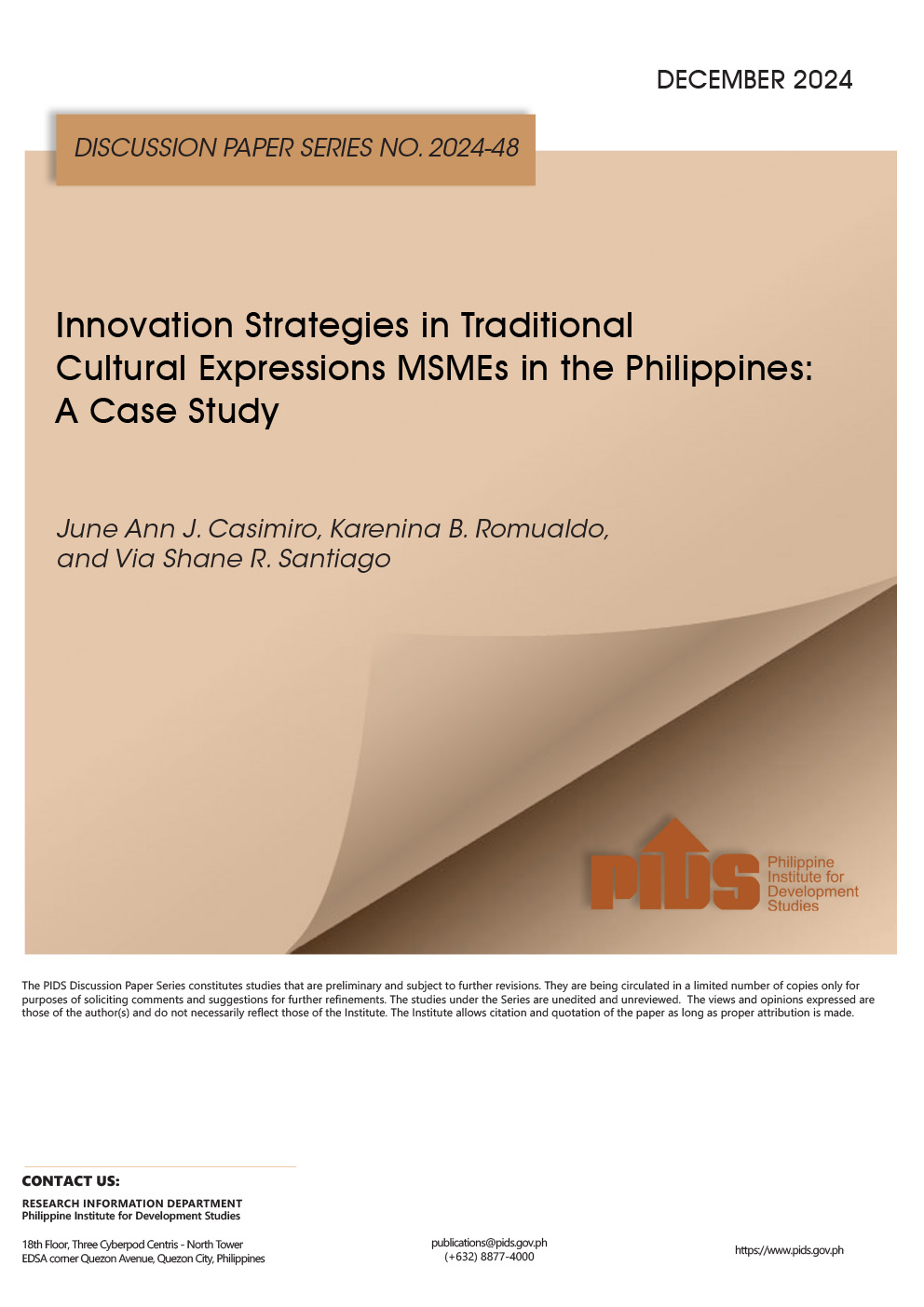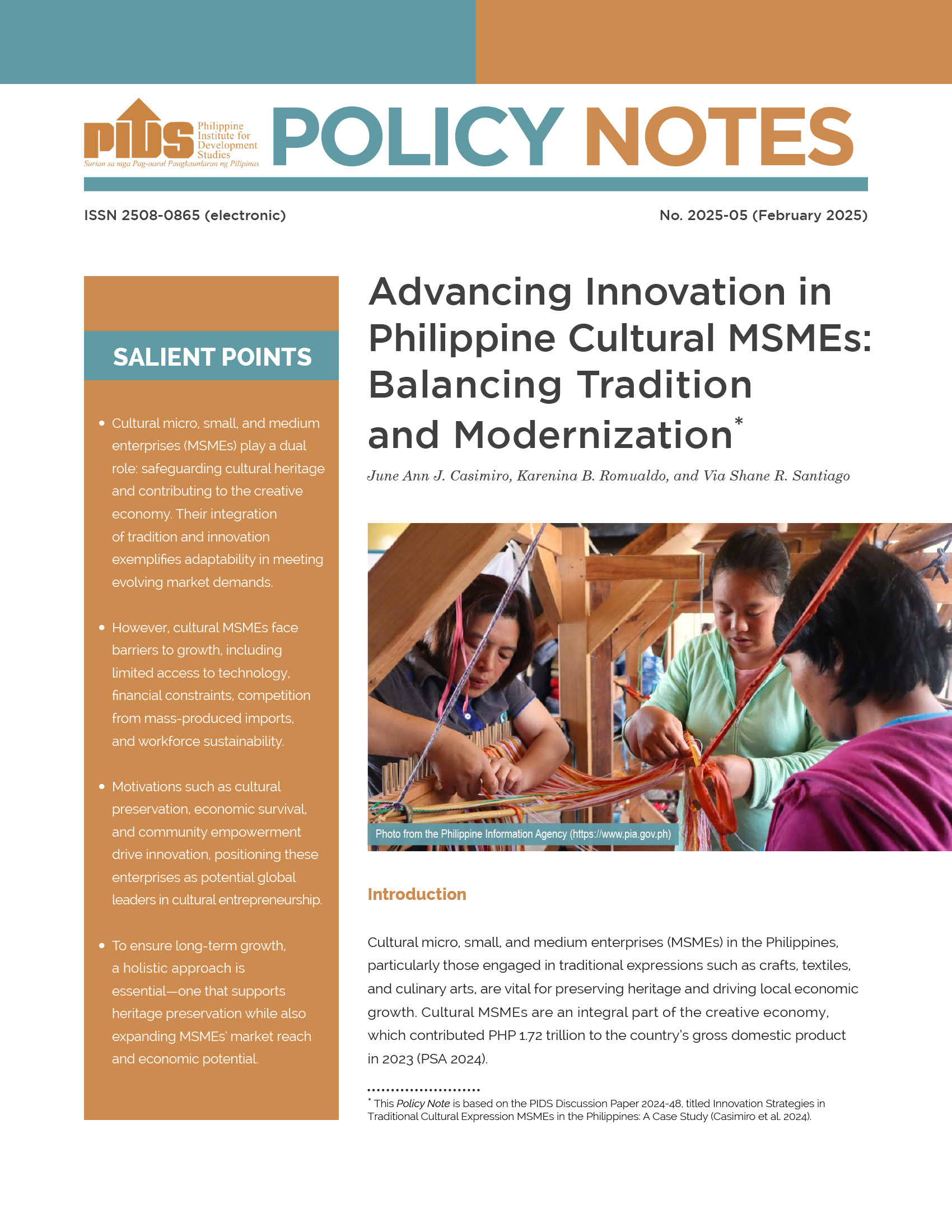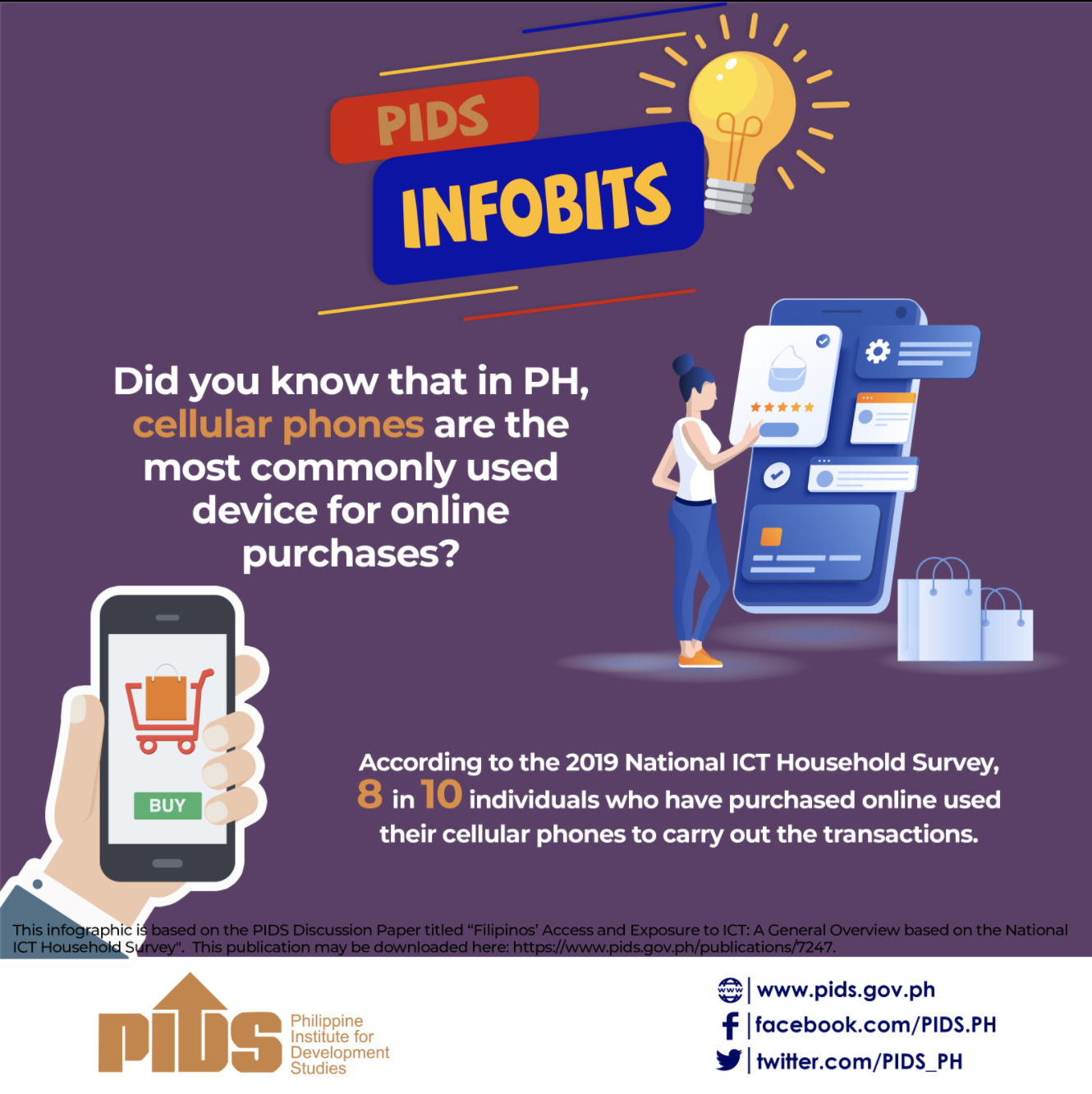Small and medium enterprises (SMEs) have been strongly impacted by the coronavirus disease 2019 (Covid-19) pandemic. It has rendered vulnerable more than 90 percent of these enterprises in the country. Many have been forced to close, while others are struggling to stay operational and profitable.
The pandemic has expedited the digital transformation of businesses to help them stay afloat. Enterprises have tried to make themselves available and closer to consumers through the increased use of social media and e-commerce platforms.
As the country navigates through the pandemic and its health and economic impacts, GoDaddy, the company empowering everyday entrepreneurs around the world, suggests that business owners should consider adopting an e-commerce strategy to help their business stay active and keep growing.
“Many businesses, especially SMEs, pivoted online when people were ordered to shelter in place. It’s clear by now that, in this ‘new normal’ of changed consumer behaviors, businesses could continue operations with the help of digital solutions,” said Tina Shieh, marketing director for Asia of GoDaddy.
Beyond ease of doing business
Before the pandemic, e-commerce was often seen as an equalizer for SMEs to compete with larger businesses. Digital platforms have given smaller businesses the advantage to customize customers’ experience and engage them at a personal level. With the continued need to stay indoors, “going digital and having an e-commerce store has become important beyond convenience and accessibility. It’s become an opportunity to help your business stay active during these challenging times,” Shieh said.
According to her, a strong online presence could help businesses earn customer trust. “Having your own website could help boost your business credibility and serves as a unique one-on-one channel with your customer,” she said. A digital portal also serves as a gateway for your customers to get more information on your products and services and how to buy them.
Flexibility and agility are key
A 2019 study by the Philippine Institute for Development Studies on e-commerce adoption found that engaging in e-commerce helps SMEs get better access to financial services, like online and mobile payments, as well as smoother integration to value chains and markets.
Even as technology allows business owners to reach more customers in different locations around the world, many hold back in getting started because of the seemingly complicated tools and processes to create their own digital presence. How then could business owners choose the right tools to use to enter the e-commerce marketplace?
Filipino entrepreneurs ought to consider providers with online tools that integrate a website builder with e-commerce functionality to help create, manage and market their online business easily and affordably.
For example, GoDaddy’s Websites + Marketing product allows customers to create a website with over 1,500 template suggestions for all types of businesses. It works both on desktop and on mobile devices. It is also a tool that easily integrates e-commerce functionality with the GoDaddy Online Store. A full website plan that offers tools to design your e-commerce portal and online marketing tools currently starts at P1,049.99 a month.
The past few months have reinforced the need for a more established digital strategy for SMEs to help survive the challenges posed by the pandemic. GoDaddy’s easy-to-use and affordable online tools and solutions, along with expert customer care, could assist business owners on their digital journey to strengthen their online presence.
“E-commerce could be a path that SMEs could use as a lifeline during this time and into the future. Now is the time to consider if starting an e-commerce store is right for your business,” Shieh said.
The pandemic has expedited the digital transformation of businesses to help them stay afloat. Enterprises have tried to make themselves available and closer to consumers through the increased use of social media and e-commerce platforms.
As the country navigates through the pandemic and its health and economic impacts, GoDaddy, the company empowering everyday entrepreneurs around the world, suggests that business owners should consider adopting an e-commerce strategy to help their business stay active and keep growing.
“Many businesses, especially SMEs, pivoted online when people were ordered to shelter in place. It’s clear by now that, in this ‘new normal’ of changed consumer behaviors, businesses could continue operations with the help of digital solutions,” said Tina Shieh, marketing director for Asia of GoDaddy.
Beyond ease of doing business
Before the pandemic, e-commerce was often seen as an equalizer for SMEs to compete with larger businesses. Digital platforms have given smaller businesses the advantage to customize customers’ experience and engage them at a personal level. With the continued need to stay indoors, “going digital and having an e-commerce store has become important beyond convenience and accessibility. It’s become an opportunity to help your business stay active during these challenging times,” Shieh said.
According to her, a strong online presence could help businesses earn customer trust. “Having your own website could help boost your business credibility and serves as a unique one-on-one channel with your customer,” she said. A digital portal also serves as a gateway for your customers to get more information on your products and services and how to buy them.
Flexibility and agility are key
A 2019 study by the Philippine Institute for Development Studies on e-commerce adoption found that engaging in e-commerce helps SMEs get better access to financial services, like online and mobile payments, as well as smoother integration to value chains and markets.
Even as technology allows business owners to reach more customers in different locations around the world, many hold back in getting started because of the seemingly complicated tools and processes to create their own digital presence. How then could business owners choose the right tools to use to enter the e-commerce marketplace?
Filipino entrepreneurs ought to consider providers with online tools that integrate a website builder with e-commerce functionality to help create, manage and market their online business easily and affordably.
For example, GoDaddy’s Websites + Marketing product allows customers to create a website with over 1,500 template suggestions for all types of businesses. It works both on desktop and on mobile devices. It is also a tool that easily integrates e-commerce functionality with the GoDaddy Online Store. A full website plan that offers tools to design your e-commerce portal and online marketing tools currently starts at P1,049.99 a month.
The past few months have reinforced the need for a more established digital strategy for SMEs to help survive the challenges posed by the pandemic. GoDaddy’s easy-to-use and affordable online tools and solutions, along with expert customer care, could assist business owners on their digital journey to strengthen their online presence.
“E-commerce could be a path that SMEs could use as a lifeline during this time and into the future. Now is the time to consider if starting an e-commerce store is right for your business,” Shieh said.










